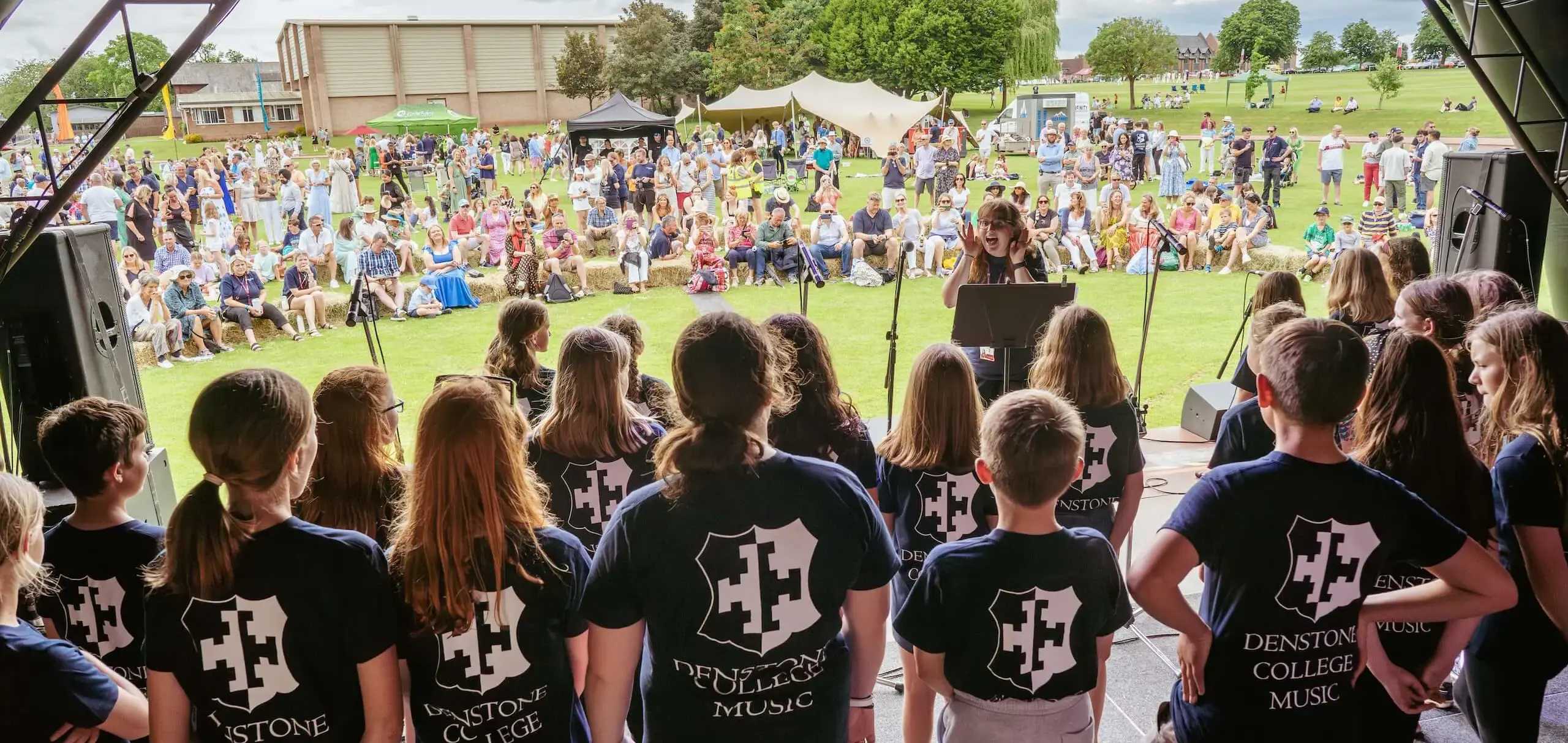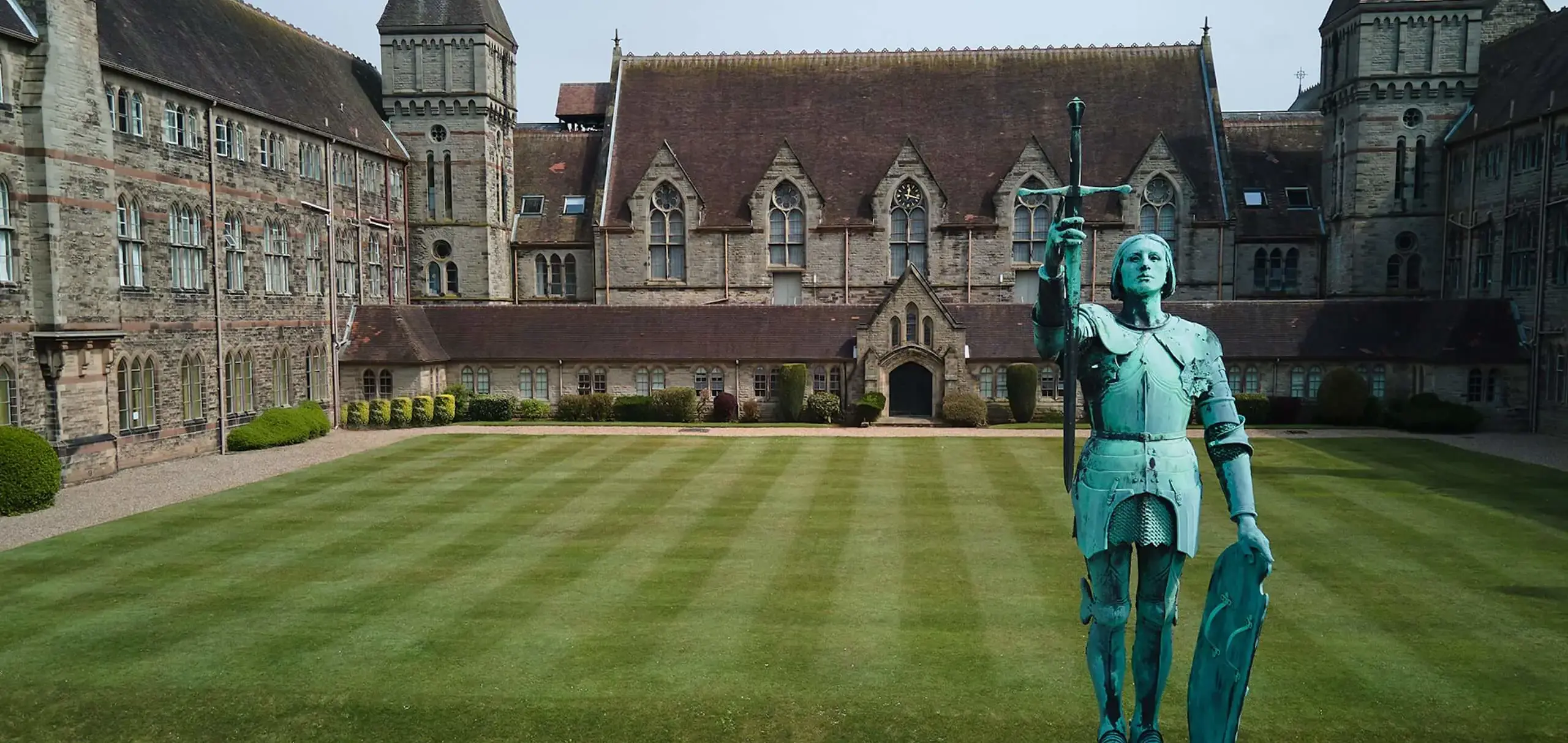





|
|
Polonius: What do you read, my lord?
Hamlet: Words, words, words.
Polonius: What is the matter, my lord?
Hamlet: Between who?
Polonius: I mean, the matter that you read, my lord.
William Shakespeare, Hamlet
‘When I use a word,’ Humpty Dumpty said in rather a scornful tone, ‘it means just what I choose it to mean — neither more nor less.’
’The question is,’ said Alice, ‘whether you can make words mean so many different things.’
’The question is,’ said Humpty Dumpty, ‘which is to be master — that’s all.’
Lewis Carroll, Through the Looking Glass
To follow on from our last blog on Triviality and the foundational importance of language in stretching our thinking power, here are a few thoughts about one of the twelve threads of the Denstone Food for Thought Programme, and a few fun examples to keep you entertained over Half Term.
The ‘Word Up’ thread focuses on language on a micro-level, as opposed to language as a tool for logical thought or rhetorical expression over the course of an argument. Words are the building blocks of everything we read (as Hamlet sardonically points out), everything we think, and everything we say. But they are also the source of a great deal of fun, and are especially a rich mine for intellectual riddling.
Earlier today, for example, the House Crossword Competition closed – one of the many events in our enjoyable and eclectic annual Cultural Cup. Solutions to the grids and videos explaining the solutions have been published on the Year Group Teams, so if you had a go as a family and got stuck, check them out.
Word puzzles are not, in my opinion, merely just a bit of fun, however. They have at least three valuable purposes, even beyond the simple exercise of brainpower:
1) They expand our vocabularies and reinforce our ‘fingertip’ knowledge of a wider variety of words than we might use day to day. No one word means exactly the same as any other word: they all express shades of meaning. The more words we have, the more subtly we can distinguish between similar but distinct phenomena and feelings, and the more precisely we can describe them to others.
2) They cause us to think about the alternative meanings of words and how those relate to each other. Often, we find that if a word has alternative meanings, one or some are literal, and the others are metaphorical applications of that literal meaning. Sometimes a verbal metaphor has become so common, we forget it’s a metaphor at all – what was once a brightly-coloured comparison has faded into beige. To be reminded of the metaphor is to renew our understanding of the term in all its power.
3) They make us think about the constituent parts of words and their etymologies. A good understanding of these little verbal units (or ‘morphemes’ to get technical) will then help us to understand other, unfamiliar words, but which might be simply a collection of morphemes that we already know elsewhere. People who know a bit about etymology can often make a very good guess at the meaning of an unfamiliar word, without looking it up.
We have, as Humpty Dumpty suggests, a choice: we can be mastered by words (forced to think in their limited categories, unable to apply or recycle them to other contexts, unable to decipher them without help), or we can have the mastery over them. Word puzzles help us to grow from verbal slaves into linguistic overlords.
Anyway, enough about the why: what about the fun? Here we go:
1. Write a word in the brackets which means the same as the words either side:
Falsify (------) Physician
2. Put these two phrases together orally to form a two-syllable word:
Sandy cove and an old-fashioned dog.
3. Follow the example in using the letters outside the brackets to complete the word inside:
SE(DREAMS)DA
SS(-I--E-)WH
4. Solve the clue and say it aloud:
A sheepish character?
5. Below is a ten-letter Countdown Conundrum, from whose solution you can take the final letter away to leave another valid nine-letter solution.
Solve the conundrum. Find the extra letter.
Clue: What do you get if you cross an elephant and a rhino?
’Elephino! (But it would certainly be one of these!)
READY CHAMP?
6. You do the maths!
231514451862112
7. Take it literally…
TE? Or RM?
8. What’s in a name?
Doc, Billie or Summer?
Have a good one!
DPB